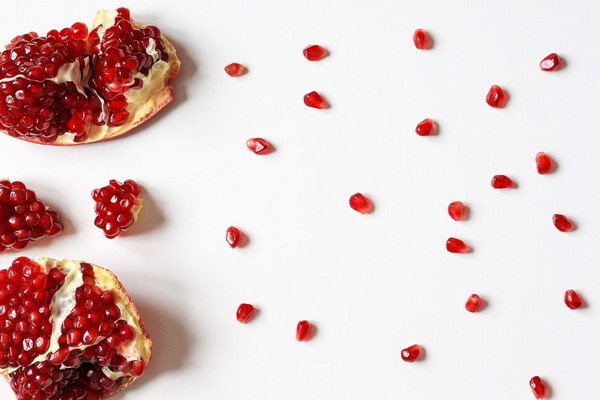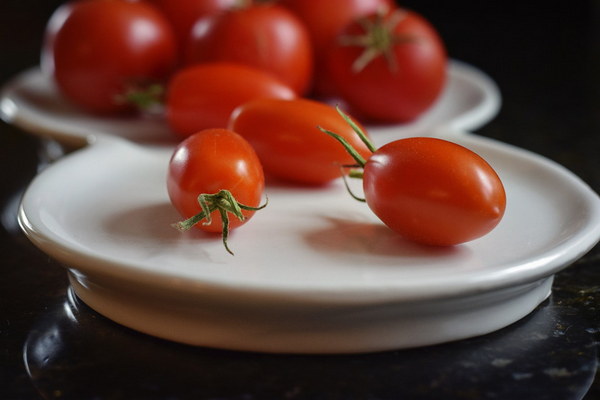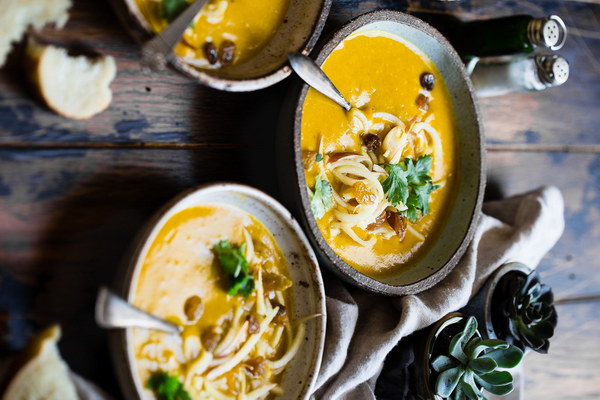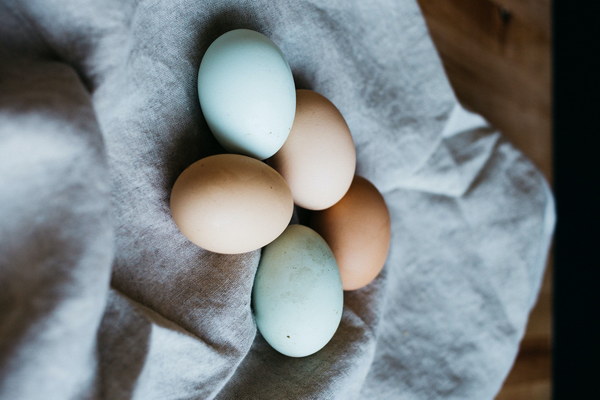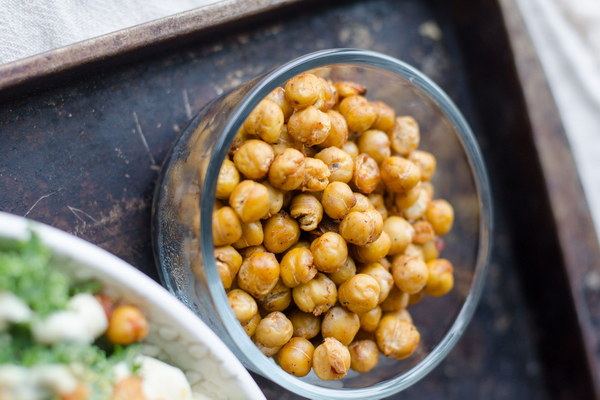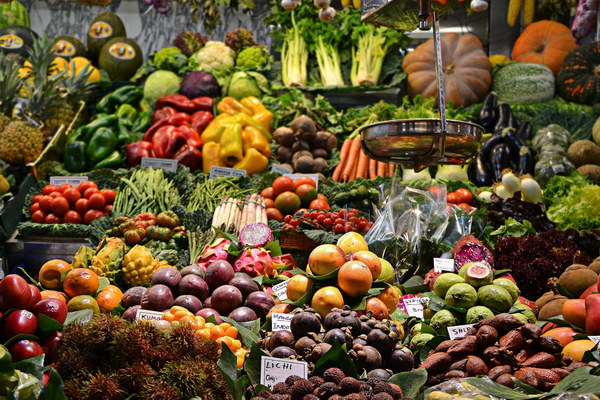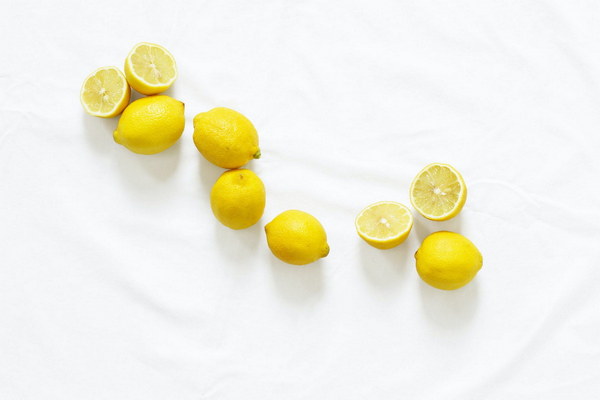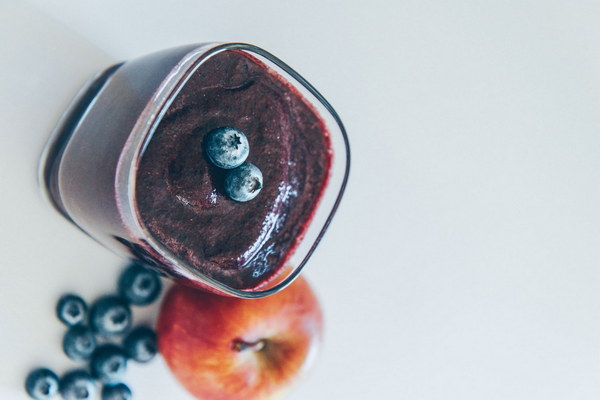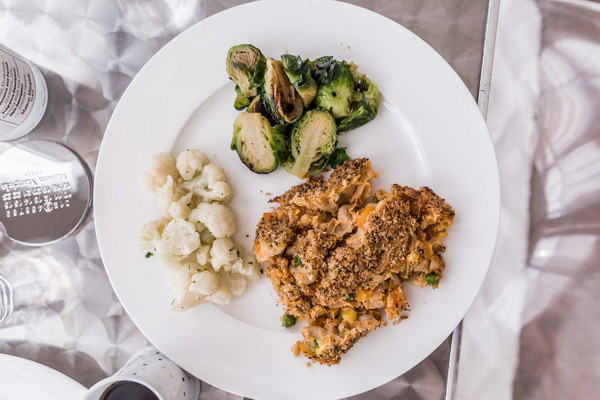Feeding Your Way to Iron A Comprehensive Guide to Dietary Iron Supplements During Pregnancy
Pregnancy is a critical period for both mother and baby, where the body undergoes significant changes to accommodate the growing fetus. One of the most important nutrients during this time is iron, which is essential for the production of hemoglobin and oxygen transport in the blood. However, many pregnant women experience iron deficiency, leading to anemia and its associated complications. This article provides a comprehensive guide to dietary iron supplements during pregnancy, highlighting the importance of iron, common sources of iron, and tips for incorporating iron-rich foods into your diet.
The Importance of Iron During Pregnancy
Iron plays a crucial role in the development of the fetus and the health of the mother. During pregnancy, the body's iron stores need to increase to support the growing fetus and the placenta. Iron deficiency can lead to anemia, which may cause fatigue, weakness, shortness of breath, and other complications. Moreover, anemia during pregnancy can increase the risk of preterm birth, low birth weight, and complications during labor.
Common Sources of Iron
There are two types of dietary iron: heme iron and non-heme iron. Heme iron is found in animal products, such as red meat, poultry, fish, and pork, and is more easily absorbed by the body. Non-heme iron is found in plant-based foods, such as lentils, beans, tofu, spinach, and fortified cereals. Here are some iron-rich foods to include in your diet:
- Red Meat: Lean cuts of beef, such as sirloin or flank steak, are excellent sources of heme iron. Aim to consume lean red meat a few times a week.
- Poultry: Chicken and turkey are also good sources of heme iron. Include these in your meals, such as chicken breast or turkey thighs, to boost your iron intake.
- Fish: Fish, such as salmon and sardines, are not only rich in heme iron but also provide omega-3 fatty acids, which are beneficial for both mother and baby.
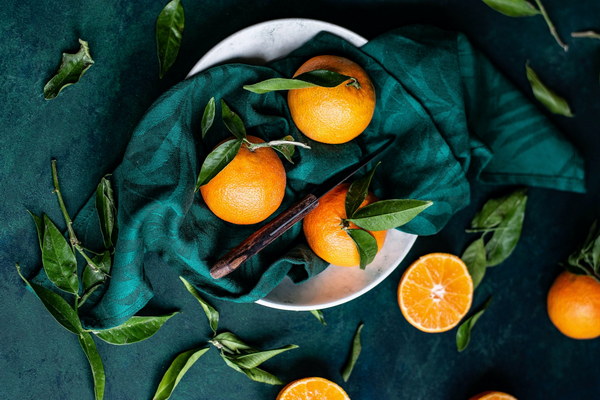
- Beans and Legumes: Lentils, chickpeas, and black beans are great sources of non-heme iron. Incorporate these into your meals, such as in soups, salads, or as a side dish.
- Leafy Greens: Spinach, kale, and Swiss chard are excellent sources of non-heme iron. Include these in your salads, smoothies, or as a side dish.
- Fortified Foods: Fortified cereals, bread, and milk are enriched with iron, making them an easy way to increase your iron intake.
Incorporating Iron-Rich Foods into Your Diet
To ensure maximum absorption of iron, it's important to pair iron-rich foods with vitamin C-rich foods. Vitamin C enhances the absorption of non-heme iron. Here are some tips for incorporating iron and vitamin C into your meals:
- Pair Iron-Rich Foods with Vitamin C: For example, serve a spinach salad with a lemon vinaigrette or add bell peppers to your lentil soup.
- Avoid Iron Blockers: Foods high in calcium, such as dairy products, can interfere with iron absorption. Try to avoid consuming dairy products within two hours of eating iron-rich foods.
- Cook with Acidic Ingredients: Cooking iron-rich foods with vinegar or tomato sauce can help increase the iron content of the dish.
- Use Cast-Iron Pans: Cooking in cast-iron pans can help leach iron from the pan into your food.
Supplements and Side Effects
If you're unable to meet your iron needs through diet alone, your healthcare provider may recommend iron supplements. It's important to follow your doctor's advice when taking iron supplements, as they can cause side effects such as constipation, nausea, and dark stools. To minimize side effects, take the supplement with food and drink plenty of fluids.
In conclusion, iron is a vital nutrient during pregnancy, and incorporating iron-rich foods into your diet can help prevent iron deficiency and its complications. By pairing iron with vitamin C and being mindful of potential iron blockers, you can optimize your iron intake and support the health of both you and your baby. Always consult with your healthcare provider for personalized advice and guidance on iron supplementation during pregnancy.
